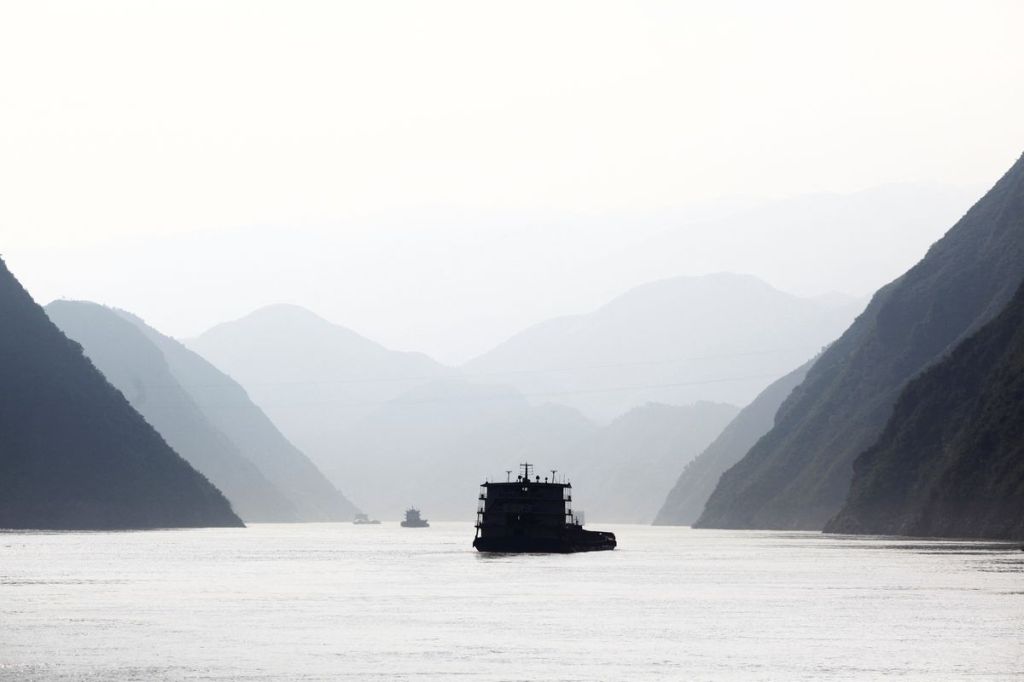
By Anders Lorenzen
The Yangtze, the longest river in China, has been feeling the impacts of climate change.
The regions that rely on the river have to deploy pumps and cloud-seeding rockets as a long drought has been depleting water levels and threatening crops, and the heatwave engulfing the region is set to last for another two weeks.
Temperatures have reached +40 degrees C during the past month in the middle and lower reaches of the Yangtze. This has prompted experts to blame climate-induced variations in the western Pacific subtropical high, which is a significant determinant of summer weather throughout east Asia.
The government has deployed 25 teams to key regions to take action to protect crops and particularly the autumn harvest which now is under threat.
Forecasts estimate the heatwave will last for another two weeks. This will make it the longest sustained period of extreme temperatures since records began in 1961, according to experts at China’s National Climate Centre.
Low rainfall
In July, the rainfall which fell in the Yangtze River drainage area fell by a whopping 30%, which is 60% lower than normal in August and is estimated to be significantly lower than the previous historic low levels.
The Poyang Lake which is located in the Jiangxi province in central China and which plays a major role in regulating the Yangtze’s water flows in the summer, has shrunk to levels normally only seen during the winter dry season as it experienced a 50% decline in the rain in June. As a result, villagers have been forced to deploy pumps to irrigate rice fields.
Chongqing, a fast-growing municipality in the southwestern part of the country, has been faced with its second hottest summer since records began. And 900 missiles have been made available to try to seed clouds and induce rain. This is a controversial geoengineering technology, and other regions have launched their own weather modification operations.
Normally when the Yangtze is in a drought, China would release water from the Three Gorges reservoir. But this year this was not possible, as data revealed that downstream outflows are only half the level of a year earlier.
China is just one of a host of countries that this summer have been experiencing climate-induced heatwaves and extremely high temperatures as well as droughts. Scientists have warned that failure to reduce emissions urgently would make such events much more commonplace.
Categories: China, climate change, rivers, Weather
2 replies »